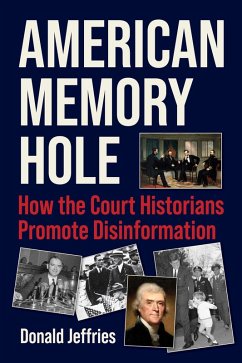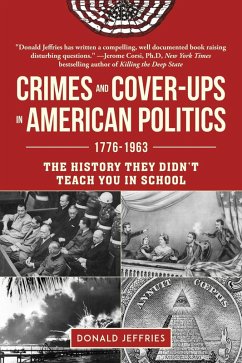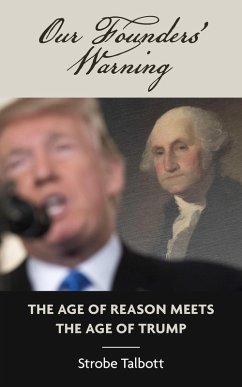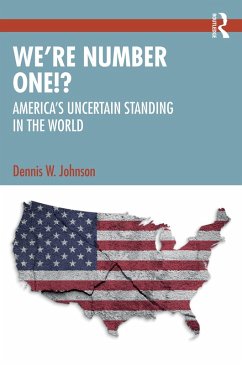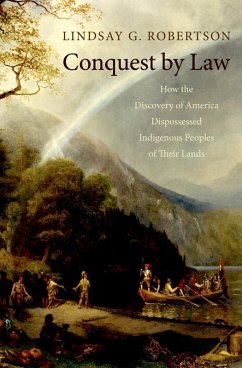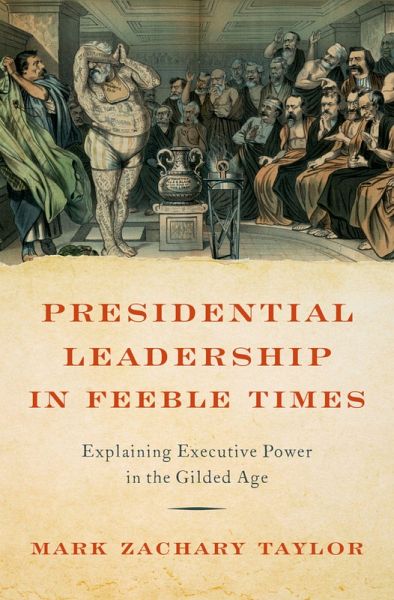
Presidential Leadership in Feeble Times (eBook, ePUB)
Explaining Executive Power in the Gilded Age
Versandkostenfrei!
Sofort per Download lieferbar
67,95 €
inkl. MwSt.
Weitere Ausgaben:

PAYBACK Punkte
34 °P sammeln!
Do presidents matter for America's economic performance? We tend to stereotype the Gilded Age presidents of the late nineteenth century as weak. We also assume that the American people were intellectually misguided about the economy and the government's role in it during this era. And we generally dismiss the Gilded Age macro-economy as boring--little interesting or important happened. Instead, the micro-economics of the business world was where the action was located. More broadly, many economists and political scientists believe that individual presidents do not matter much, even in the twen...
Do presidents matter for America's economic performance? We tend to stereotype the Gilded Age presidents of the late nineteenth century as weak. We also assume that the American people were intellectually misguided about the economy and the government's role in it during this era. And we generally dismiss the Gilded Age macro-economy as boring--little interesting or important happened. Instead, the micro-economics of the business world was where the action was located. More broadly, many economists and political scientists believe that individual presidents do not matter much, even in the twenty-first century. Institutional constraints and historical circumstance dictate success or failure; the White House is just along for the ride. In Presidential Leadership in Feeble Times, Mark Zachary Taylor shows that all of this is mistaken. Taylor tells the story of three decades of Gilded Age economic upheaval with a focus on presidential leadership--why did some presidents crash and burn, while others prospered? It turns out that neither education nor experience mattered much. Nor did brains, personal ethics, or party affiliation. Instead, differences in presidential vision and leadership style had dramatic consequences. And even in this unlikely period, presidents powerfully affected national economic performance and their success came from surprising sources, with important lessons for us today.
Dieser Download kann aus rechtlichen Gründen nur mit Rechnungsadresse in A, B, BG, CY, CZ, D, DK, EW, E, FIN, F, GR, HR, H, IRL, I, LT, L, LR, M, NL, PL, P, R, S, SLO, SK ausgeliefert werden.





